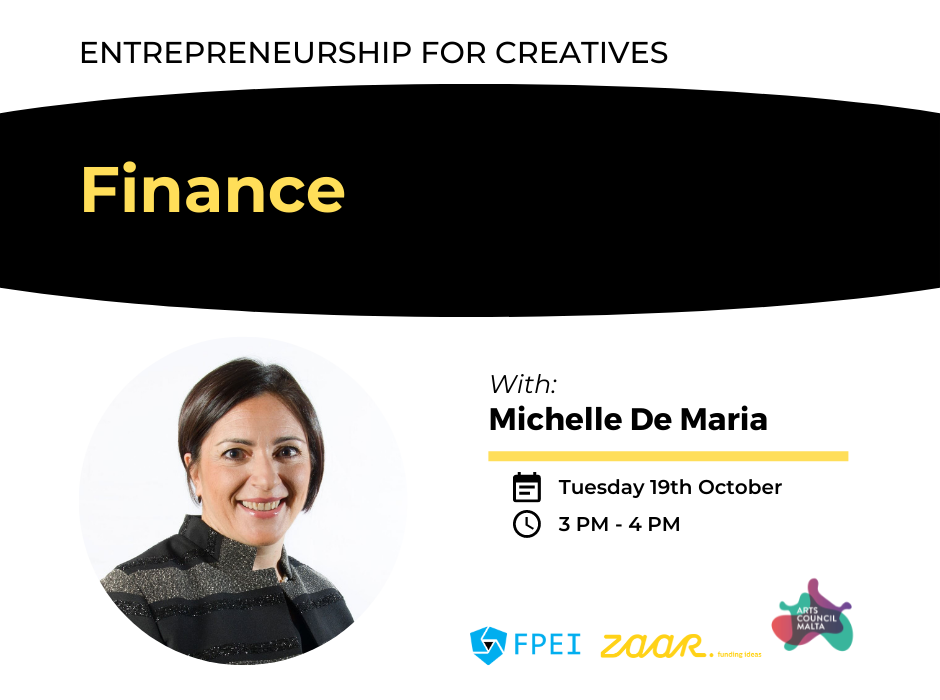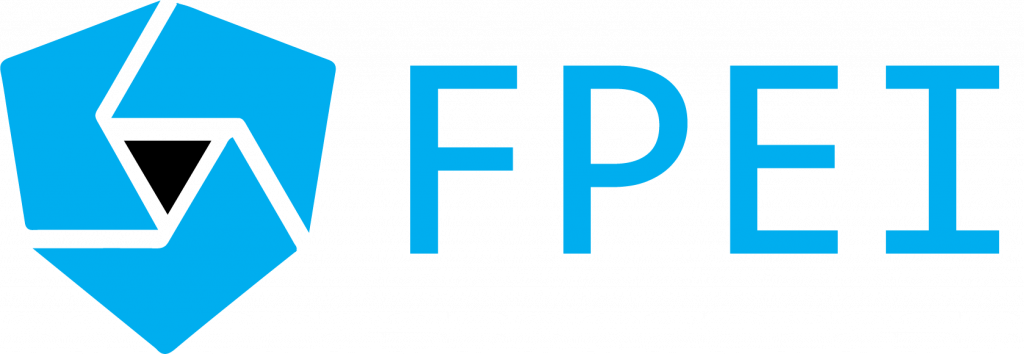Whether a creative is employed or a freelancer, one complex headache is surely the financial aspect of the sector. In today’s session, senior manager at RSM and Head of Tax Advisory and Corporate Department, Dr Michelle de Maria, simplified the financial concept and procedures on several aspects including on income tax, required deadlines, compliance, the provisional tax system and on exceptions and potential incentives. Dr de Maria provided practical examples on several scenarios which were helpful to better understand the main points and procedures.
The below points highlight and summarise Dr de Maria’s session.
- What can actually be taxed?
Dr de Maria explained that “any gains or profits derived by individuals from any trade, business, profession or vocation for whatever period of time such trade, business, profession or vocation may have been carried on or exercised” are taxed. This is legally referred to in Art 4(1) Income Tax Act. She outlined that creatives are taxable on income from carrying out such activities regardless of whether they are employed or freelance.
Linked with this, when it comes to the question: “Who is taxed?” Dr de Maria illustrated that an individual who is an ordinary resident and domiciled in Malta is taxable on a worldwide basis. On the one hand, individuals who are employed i.e. hold the status of employees, pay tax under the FSS system. On the other hand, freelancers are considered as self-employed, required to register with Jobsplus in Malta.
As employees, creatives are not permitted to deduct any expenses from their income and are therefore subject to tax on their gross income, while freelance or self-employed are permitted to deduct from their income any expenses incurred wholly and exclusively in the production of their income, thus reducing the amount of income which is subject to tax.
In simple terms, The Provisional Tax System was also explained. The PT system is a system of taxation whereby the tax due for a particular year is collected during the same period in which income is earned. Individuals who are obliged to submit a personal income tax return would generally fall under the provisional tax system.
PT is payable in 3 instalments on the:
• 30 April – the payment should amount at least 20% of the PT benchmark
• 31 August – the payment should amount at least 30% of the PT benchmark
• 21 December – the payment should amount least 50% of the PT benchmark
Benefits of tax on income among other things was also highlighted. In fact, individuals who work on a self-employed part-time basis are currently taxed at a fixed rate of 15% while individuals who are employed on a part-time basis are currently taxed at a fixed rate of 15% on that part-time income.
VAT and its implications was also discussed. As a general rule, “VAT should be charged on every supply of goods or of services that takes place in Malta for consideration by a taxable person”. As Creatives, registration takes place under the below Articles 10 or 11 of the VAT Act (VATA).
- Article 10 – regular registration where VAT is charged by the person providing the good or service and such person can claim any VAT which it has suffered.
- Article 11 – registration for small undertakings which emerge solely in domestic transactions and whose turnover falls below specific threshold. VAT number obtained under such article will be invalid for intra-community transaction and had no MT prefix. No VAT is charged under this registration however any VAT suffered cannot be claimed.




